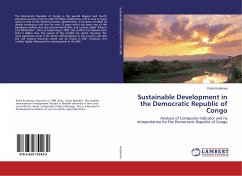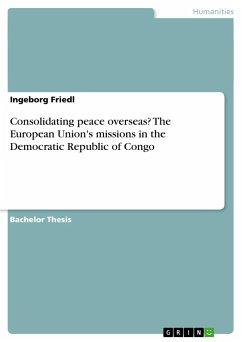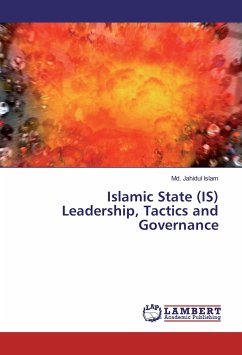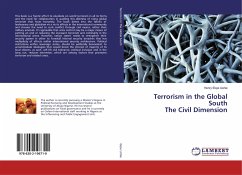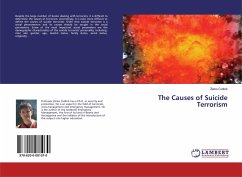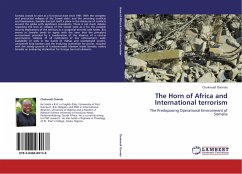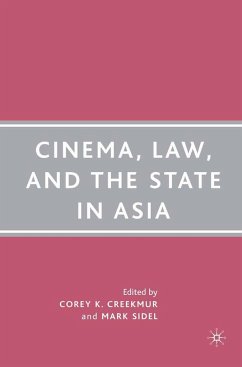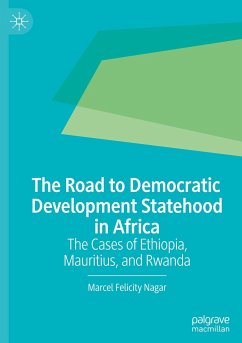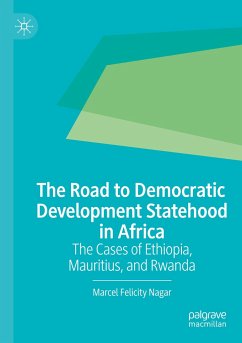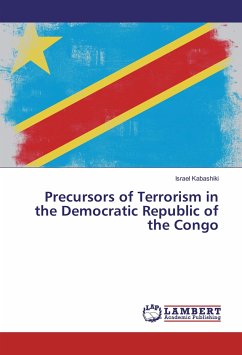
Precursors of Terrorism in the Democratic Republic of the Congo
Versandkostenfrei!
Versandfertig in 6-10 Tagen
37,99 €
inkl. MwSt.

PAYBACK Punkte
19 °P sammeln!
Since 1996, the Democratic Republic of the Congo (DRC) has been entangled in a cycle of violence. Extensive crimes that include summary executions, rapes, and the use of child soldiers are frequent in the eastern provinces of the DRC. Little is known, however, about the factors that have contributed to the emergence of these ongoing acts of terror. This study provides insights into the antecedent conditions of terrorism in the DRC. Aberle's relative deprivation theory provided structure for the study. A quantitative correlational study design was employed, using longitudinal secondary data obt...
Since 1996, the Democratic Republic of the Congo (DRC) has been entangled in a cycle of violence. Extensive crimes that include summary executions, rapes, and the use of child soldiers are frequent in the eastern provinces of the DRC. Little is known, however, about the factors that have contributed to the emergence of these ongoing acts of terror. This study provides insights into the antecedent conditions of terrorism in the DRC. Aberle's relative deprivation theory provided structure for the study. A quantitative correlational study design was employed, using longitudinal secondary data obtained from the World Bank and the National Consortium for the Study of Terrorism and Responses to Terrorism. The significance of this study is that from its discoveries, the leaders of the DRC and those of the African Union, as well as the international community, may be well served to understand the precursors of terrorism in the DRC. Such understanding could help mediators and peacemakers implement practical solutions capable of stopping violence in the region, improving the socioeconomic conditions of Congolese citizens, and restoring the credibility of the national and local governments.



